“The U.S. had all the right reasons for going to war with Iraq without the support of United Nations,” said Jordana Friedman, an eighth-grader at Kadima Hebrew Academy in Woodland Hills. “[Their leaders] lied. They said they were disarmed. Do we want another Sept. 11? I think we’re totally justified.”
The 14-year-old is adamant as she expresses her point of view in Mari Siegel’s honors history class. While some educators claim that youngsters are apathetic about current world events, it is clear that many local middle school and high school students have strong opinions and are expressing them loud and clear.
While the 12th-grade-and-under crowd might be too young to remember the Gulf War, they are anything but naive when it comes to world events. Having lived through Sept. 11 and technological advances like the Internet, America’s youth today is savvier than ever. On middle school and high school campuses across the Southland, televisions tuned to CNN blare in classrooms, providing students with the most current reports from Iraq. Many schools, including Milken Community High School of Stephen S. Wise Temple in Los Angeles, allot time at the beginning of each history class to update students and allow them to ask questions about recent developments in the war. But rather than asking questions, many students already have the information and are quick to impress teachers with their own insights.
At Milken, the topic of war is on everyone’s lips both in the classroom and out.
“I thought we should give the [weapons] inspectors a longer time in Iraq,” said Howie Hendler, a junior, in regards to his anti-war stance. “They said the inspections were working.”
Marissa Mendleson, another junior, shook her head.
“I don’t think the inspection would have worked,” she countered with conviction as the two chatted in an outdoor amphitheater between classes.
In Matt Levenson’s ninth-grade history class, even a few seemingly unconcerned students became reactive after the teacher presented an article depicting a boastful American soldier’s experiences in Iraq.
“It almost seems like this commander has a plot of his own and he enjoys killing,” exclaimed a horrified female student. “I think it’s sick.”
A girl on the opposite side of the classroom raised her hand.
“We’re not out there on the front line,” she said. “We don’t know what he’s going through.”
A boy who was sitting quietly suddenly spoke up.
“He’s only one soldier and it’s just his point of view,” he said. “It’s obvious he’s pro-killing, but you can’t base a war on just one soldier.”
Some students admit the their feelings about the war have evolved over time. Before having a change of heart, Akiva Gottlieb, a senior at Shalhevet High School in Los Angeles, attended a few anti-war rallies.
“What really changed my mind was when I thought about Israel. It’s a country surrounded by all these other countries that don’t want it there. I began thinking we could make the situation much better in the Middle East if we get rid of Saddam,” said the 17-year-old.
The student was doubly convinced when he came across a newspaper article that mentioned restructuring the Middle East and ridding the world of terrorism.
Even the most vocal students admit that some of their peers choose not to keep up with the war.
“Because it’s in a different country, I feel that my generation doesn’t understand the full scope of what’s going on,” said Moshe Netter, a Shalhevet sophomore. “It’s so distant that it’s much easier to be at peace with it.”
Gottlieb admits that he was once apathetic.
“For a long time I had abstained from taking opinion on the matter,” he said. “In general, I’m an anti-war person, so I thought I had to be anti-war on this war. As it got closer to going to war, I started to realize that this situation is so complex.”
While the issues may be complex, they’re not complicated enough to stop the eighth-grade honors students at Kadima from exploring them.
“I don’t think we should have reporters in Iraq at the bases,” said Karen Hen, 13, during an in-class history presentation. “It takes time out of the soldiers’ days because they have to protect the reporters.”
Student Nicole Rabiezadeh had a differing point of view.
“We pay millions of dollars in taxes every year, so we have the right to know what’s going on,” the 14-year-old argued.









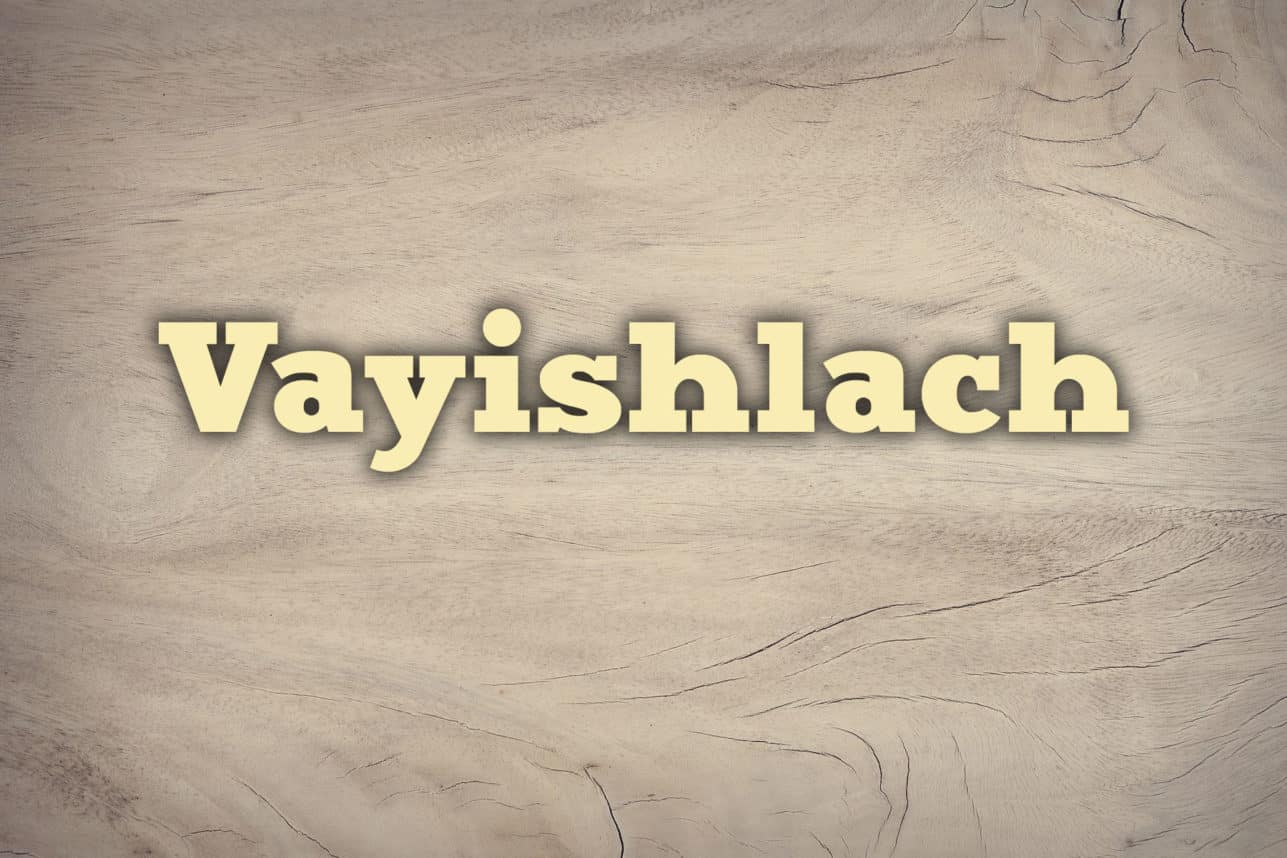
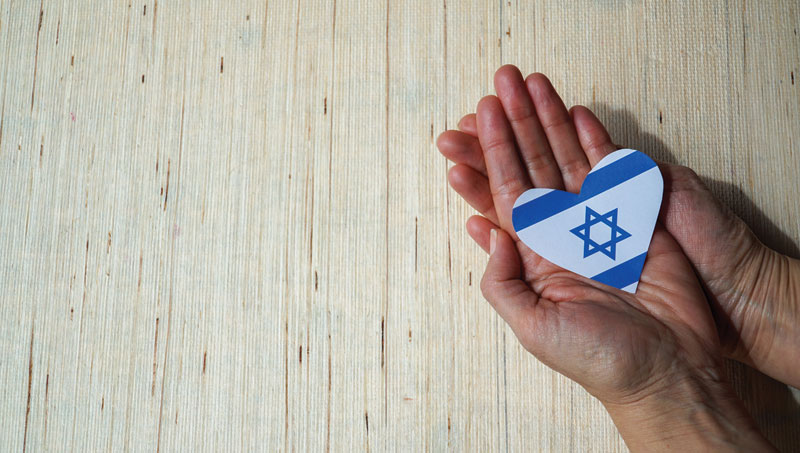


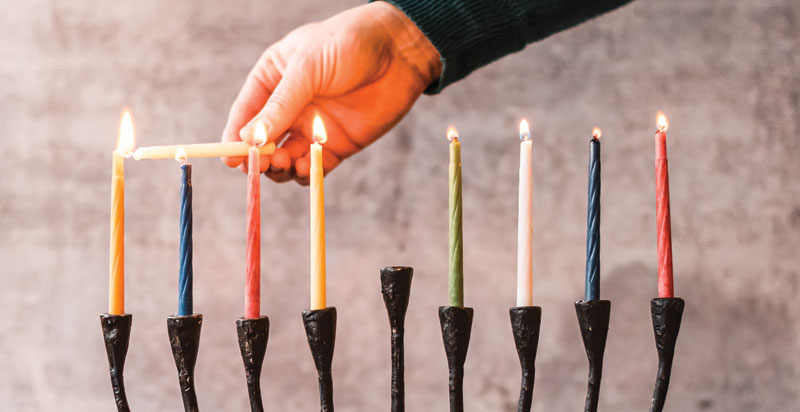
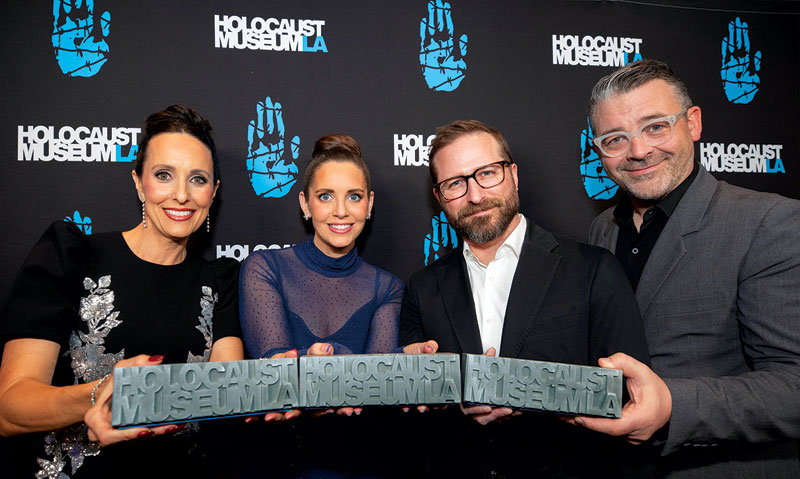
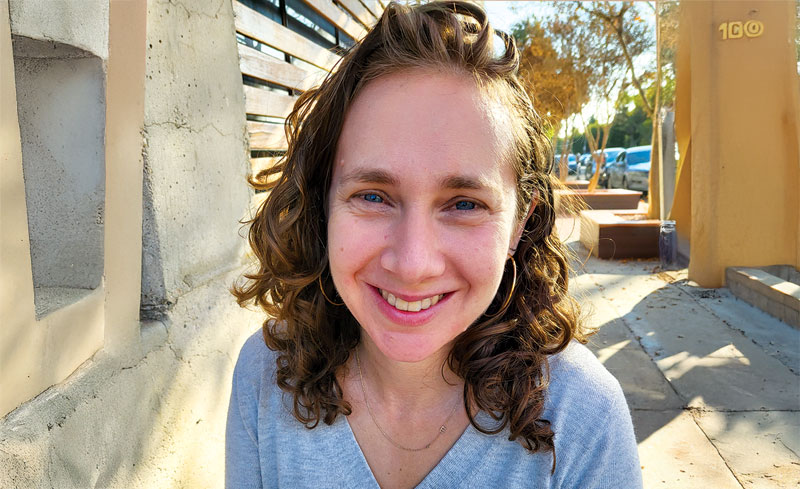
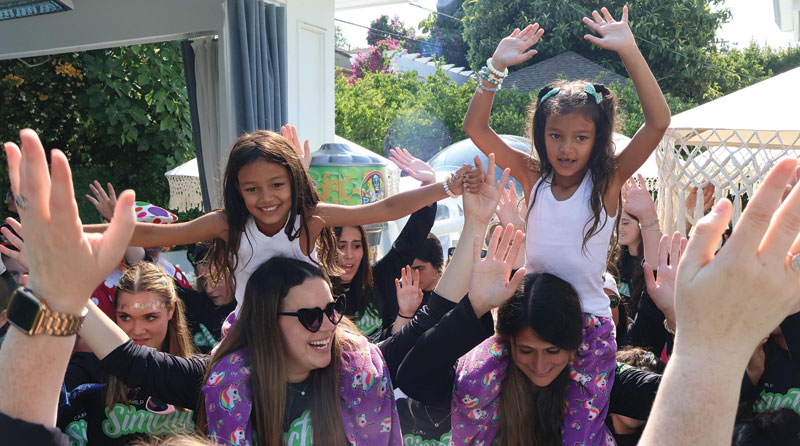





 More news and opinions than at a Shabbat dinner, right in your inbox.
More news and opinions than at a Shabbat dinner, right in your inbox.